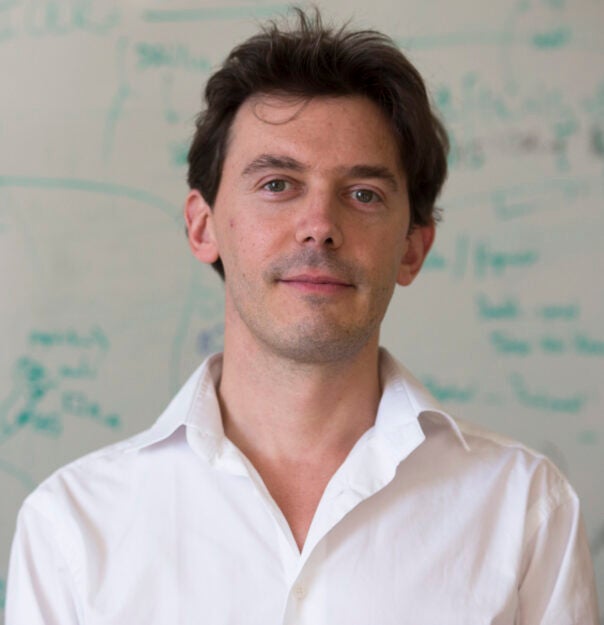The Salata Institute for Climate and Sustainability at Harvard University awarded CHDS faculty Stéphane Verguet a seed funding grant to explore pathways to low-carbon, high-quality healthcare in low- and middle-income countries.
Verguet’s work emerges from the growing realization that healthcare is not only at risk from climate change but a major polluter, responsible for 4-5% of global emissions. Identifying ‘win-win’ pathways and the relevant trade-offs will be critical to decarbonizing healthcare fairly. To date, 68 countries have signed up to the WHO-led COP26 Health Programme for low-carbon, sustainable healthcare systems. The funded project will use priority setting tools to model the carbon footprint of healthcare services and interventions in low- and middle-income countries along different trajectories. The goal is to develop the evidence base to support policy makers’ and countries’ efforts to deliver upon their commitment to low-carbon, high-value care. Better evidence on the health and climate benefits of different packages of interventions at different service levels will help to plug a pressing knowledge gap for policymakers and could bolster the case for investing in primary care.
Anand Bhopal, previous visiting scholar on the Takemi Program in International Health and PhD candidate at the Bergen Centre for Ethics and Priority Setting at the University Bergen, Norway, will collaborate on the project, with research support from Yuqian Lin, M.S Candidate 2024 in Global Health and Population.
Learn more: Read about the Salata Institute for Climate and Sustainability
Learn more: Read the publication, Fair Pathways to Net-Zero Healthcare
Related news: Handbook of Applied Health Economics in Vaccines
Related news: Preventing Medical Impoverishment with CEA
